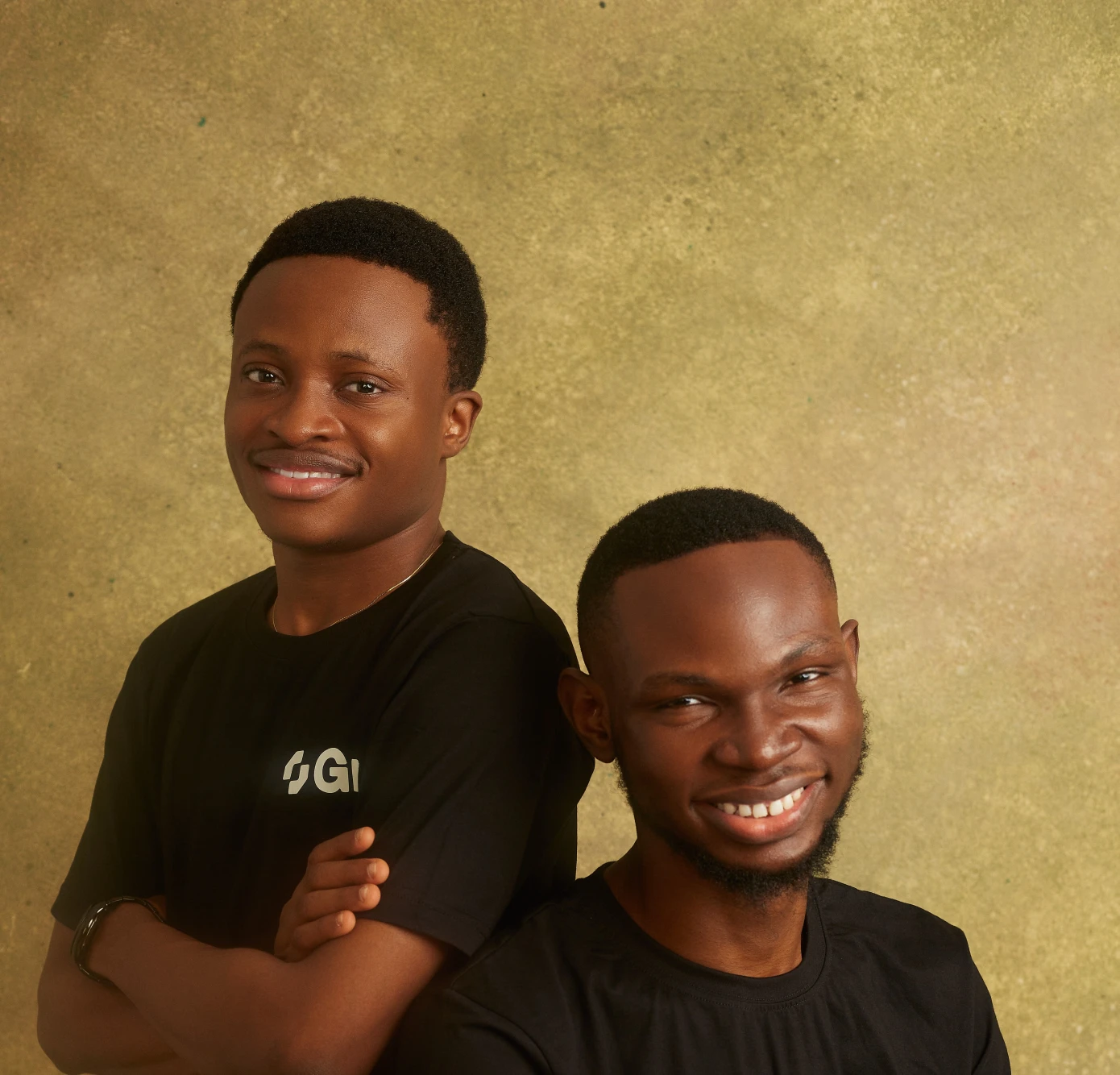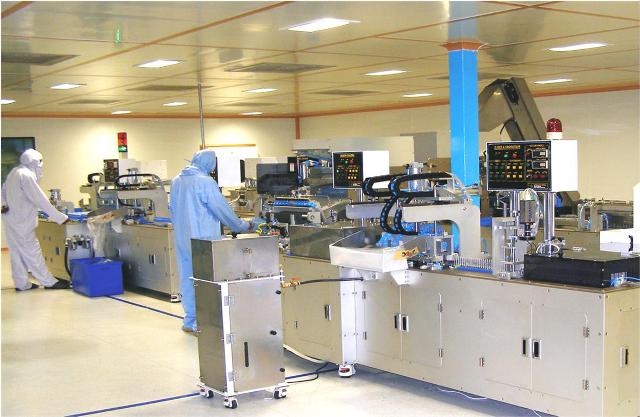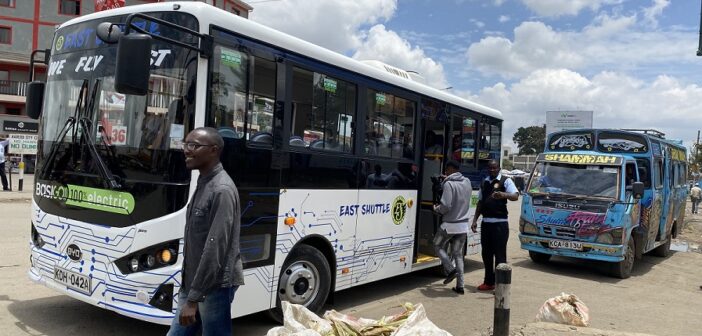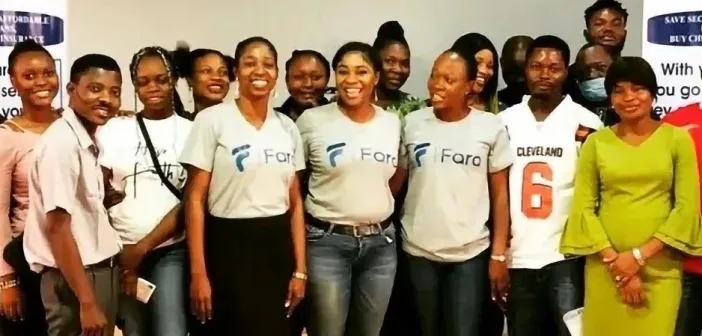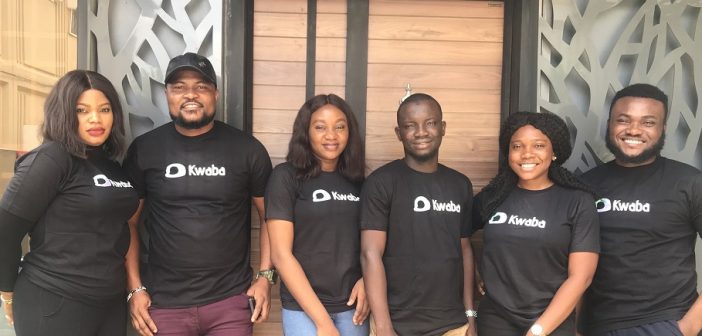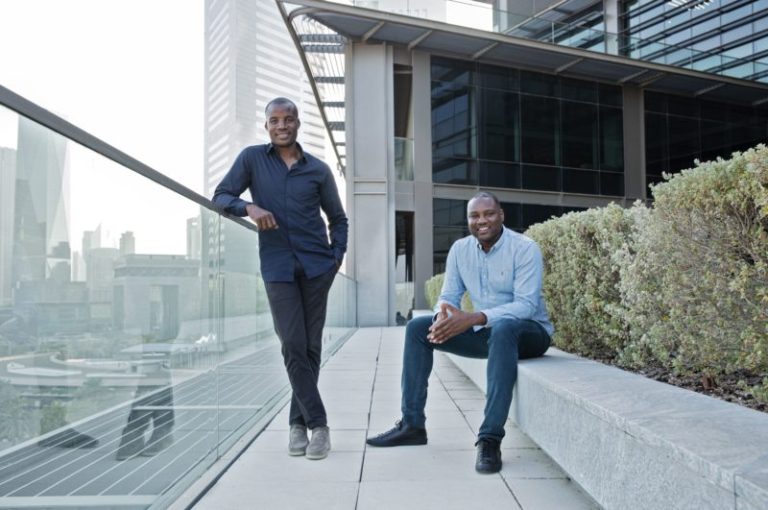Edves to raise $2.5M Pre-Series A round to continue Pan African expansion
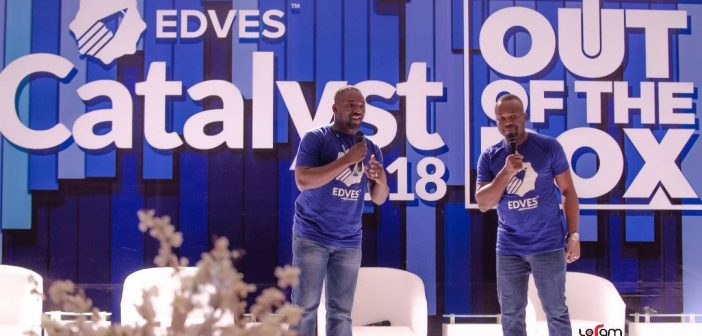
Edves is an Edtech with strong adoption and usage in Africa’s EdTech and digital infrastructure arena, with over 1,200 schools, 22K+ educators, 130K+ parents, and 250K+ students across six African countries.
After raising $575,000 in a Seed round, the premier SaaS startup has grown to four African nations in the previous six months.
Dimeji Falana and Dare Adebayo, co-founders, appear to have a greater understanding of market needs than their contemporaries in the field, as seen by their market differentiation, which has resulted in product-market fit in Nigeria.
What makes Edves special?
Ans: Edves is one of the few African Edtech companies that provides learning and school administration software, as well as a tailored digital infrastructure at scale, to primary and secondary schools. Because school demands differ in terms of curriculum and pedagogy, as well as learning objectives, delivering last-mile education without a digital infrastructure limits teachers’ capacity to provide learning successfully. Edves allows parents and teachers to track and analyze their children’s progress using data on learning objectives and assessments to fulfill their individual requirements. Its features include School Fee Payment Collection (using USSD, Bank-to-Bank, and Card payment methods) and other key administrative functions, in addition to learning management capabilities.
Since the early days of Edtech in Nigeria, how have you been able to keep your resilience and stay focused on the goals?
We began with a greedy concentration on long games and a heart filled with genuine market demands and wants. The first aim was to achieve market-fit status before anyone else, which was accomplished before the 500th School opened in 2019. Our company culture encourages market proximity and customer focus, and we’ve spent time and money on consumer research, attractiveness, and satisfaction.
In addition, iterative feedback on design and pricing has resulted in a moat and unmatched value proposition in the industry, with Edves becoming the most widely used Edtech in Nigeria in 2020 and 2021. (according to Semrush report). The engineering strength used to develop the system was attached to the business model from backend to frontend, and it was demonstrated in position resilience to meet a variety of educational expectations. Only Edves provides customisation per School with a unique URL, School Fee Billing Schedule, Fees Collection, Lesson Note, Color Theme, and Report Templates based on the School’s specifications at over 1200 schools. Variations in market demand are driven by the same software.
There are hundreds of Schools running Nigerian, British, American, Baccalaureate and Hybrid curriculum on Edves, yet, the same engineering architecture permits them to achieve the objectives of digitizing the learning journey.
Given how far you’ve come since the company began, would you consider yourself successful? What does it mean to you to be successful in this industry?
We’re still on the road to glory, so we keep moving ahead on a daily basis. Over 500,000 K-12 schools are estimated to exist in Africa, with over 75,000 in Nigeria and more than 11,000 in Lagos State alone. We’ve only passed through 1,200 schools so far, so the adventure is still in its early stages. The market is presently valued at $15.4 billion, with a 36.5 percent CAGR.
To us, success is the condition in which African schools and the education system are completely equipped with a digital tool that enables instructors to provide a personalized learning experience for each kid by using a unique data set on the child’s academic journey.
What market void did you notice? What exactly is the rivalry?
Africa’s under-18 population (K-12 school-age) will expand by two-thirds by 2030, reaching almost 1 billion by mid-century, and Africa will be home to nearly half of the world’s children by the end of the century.
An increase in this age group’s population, combined with the need to cut education costs and teachers who are reliant on traditional classroom management, has resulted in a high demand for digital-led operations and lesson instructions in order to increase efficiency, educate a growing population, and improve delivery.
Because physical infrastructures are slow to build, rigid, and expensive to maintain, the demand for basic education in Africa is increasing, and the currently struggling brick-and-mortar school systems will be stressed beyond capacity. As a result, there is an urgent need for strong technology infrastructure to support education delivery and school administration. Edves is the digital infrastructure, the operating system that powers the learning and administration of schools and the education system, as a result of this.
The competition began with pen-and-paper, MS Excel, and a few players from outside of Africa, but additional entries have appeared in recent years.
numerous little sections Edves, on the other hand, innovates at the heart of education, ensuring efficiency in learning and administration throughout a learner’s journey.
How do you get your money? Are there any other significant landmarks?
We bootstrapped Edves for two years before getting Seedstars financing after winning the Best Edtech Prize in Switzerland in 2018. The Jacobs Foundation provided a $50,000 USD donation. Chinook Capital and GC Fund CChub made the initial investment of $120,000 in the fourth quarter of 2018.
We reached over 500 schools in 2019, and we will reach the 700th school in 2020. In 2021, we obtained a $575,000 seed investment from Beta Venture, Chinook Capital, Launch Africa, Future Africa, and others, with oversubscribed participation.
We added customers from Tanzania, Rwanda, and Ethiopia between June and December 2021, and completed the year with over 1,000 schools in six countries.
What challenges did you face throughout the launch?
The capacity to service the market in an economically feasible manner is the standard problem of any endeavor. As a result, we faced initial hurdles in assessing client needs and identifying stakeholders who would get value from our proposals.
We also experienced difficulties raising funding, but this was overcome by our ability to build real tractions and provide a return trajectory that matched investors’ expectations.
Hiring has always been a difficulty we can’t ignore, but our culture provides a balance between employee requirements and corporate objectives, and we’ve attracted and retained talent from entry-level to senior roles thanks to our depth in ethics and mentorship strength.
What markets do you currently operate in? Any plans to expand?
Our workers and partners presently service consumers throughout Nigeria, Ghana, Tanzania, Ethiopia, Zimbabwe, Rwanda, and Cameroon. Our objective is pan-African, and we will expand into other markets as planned. By December 2022, we should be in the tenth African market.
What are your thoughts on the fundraising?
Yes, we’re looking for $2.5 million in pre-Series A funding to help us grow and expand. We’ve compiled a list of potential investors, and some promises have already been made. Nonetheless, we are eager to speak with active global and African investors who are willing to join us on this adventure, and we believe that the condition of our readiness will make the conversation straightforward and easy to handle.


